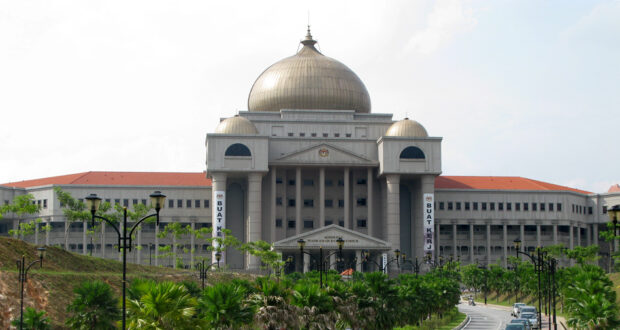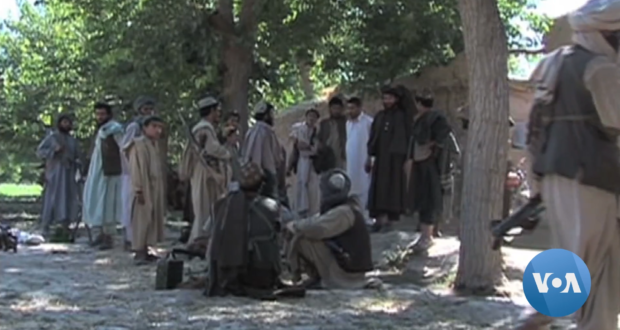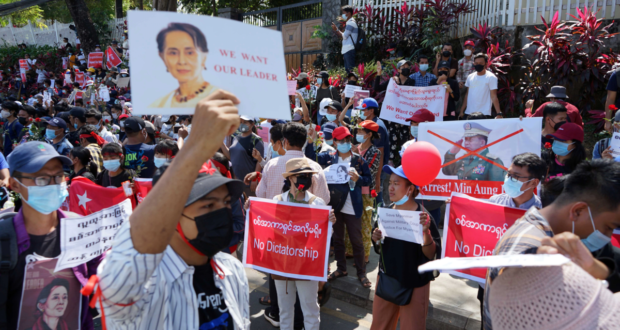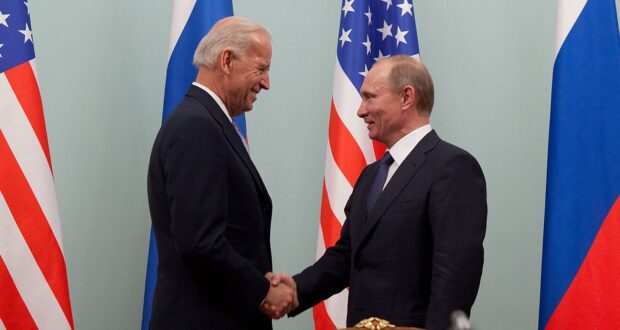Mette Kaalby Vestergaard
October 5, 2021
Africa, Counter-Extremism, Latest Articles
Jihadist groups are constantly becoming more decentralized in nature but also asymmetrical in their approaches, including through online propaganda and recruiting. In that sense, an event in one country can easily affect another, especially when it comes to affecting the mindsets of others.
Read More »
Jessica Honan
October 1, 2021
Asia and Pacific, Latest Articles
Malaysia has been independent from Britain since 1957, but the 133 years of British colonisation has left an impact on social, cultural and legal infrastructure of Malaysia. Whether or not to allow the continuity of this impact, or to reject this legacy, is an ongoing debate in Malaysia.
Read More »
Luke Austin
September 18, 2021
Asia and Pacific, Latest Articles, Security and Defence
The future shape of Japan’s Myanmar policy depends on who wins the LDP leadership election. Despite their membership of the same political party, the candidates’ respective political positions vary considerably.
Read More »
Hamish Cruickshank
September 14, 2021
Latest Articles, Security and Defence, Uncategorized
With Russia taking up the chair at the Arctic Council and the Biden Administration seemingly favouring a far more cooperative posture in the High North than was seen under Trump, now is the opportunity for both states to make some inroads into improving overall bilateral ties by prioritising cooperation in the Arctic.
Read More »
HSC Publication
September 9, 2021
Counter-Extremism, HSC in the Media, Latest Articles, Parliamentary Evidence
9 September, 2021 The Human Security Centre has commented further on the situation in Afghanistan in the media and provided briefings for political leaders, with efforts led by Afghan-born Associate Fellow Roh Yakobi. On 16 August, Roh spoke to BBC ...
Read More »
Jessica Honan
September 2, 2021
Asia and Pacific, Global Governance and Human Rights, Latest Articles
West Papua is not recognised by the UN to be a Non-Self-Governing Territory (NSGT). However, there have been ongoing violent and passive protests and movements calling for independence.
Read More »
Oliver Hegglin
September 1, 2021
Europe, Latest Articles, Opinion
Transport Aircraft should not be such a contentious issue, yet in Switzerland they are. Excuses presented by political parties and interest groups are a stain on the country’s humanitarian tradition and a betrayal to Swiss citizens abroad who are at the mercy of other states in times of need.
Read More »
Mette Kaalby Vestergaard
August 24, 2021
Africa, Counter-Extremism, Latest Articles, Security and Defence
While Burkina Faso has not in more recent times witnessed classic civil wars like other West African states, there are many similar traits between the current situation and a civil war with several groups including the government fighting internally.
Read More »
Rowan Allport
August 17, 2021
Asia and Pacific, Latest Articles, Security and Defence, Uncategorized
17 August, 2021 HSC Deputy Director Dr Rowan Allport has had a comment piece on Taiwan’s approach to deterrence published in The Diplomat. In it, he examines how the Taipei government is developing a capability via both its domestic industry ...
Read More »
HSC Publication
August 15, 2021
Asia and Pacific, Counter-Extremism, HSC in the Media, Latest Articles
15 August, 2021 HSC Associate Fellow Roh Yakobi, who fled persecution by the Taliban at aged 12, has commented in the media regarding current developments in Afghanistan. Interviewed on Sky News, he said that the people in Afghanistan would now be forced ...
Read More »

 Human Security Centre Human Rights and International Security Research
Human Security Centre Human Rights and International Security Research








